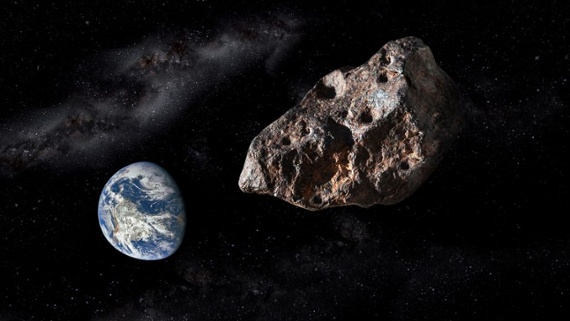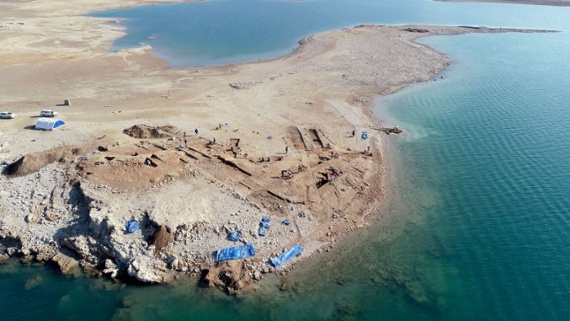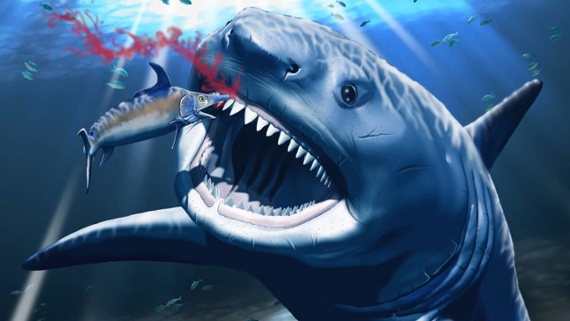|
This site is an experiment in sharing news and content. Almost everything here came from email newsletters.
Sponsor
2022/06/02
New, extremely reactive chemical discovered in the atmosphere
@
14:15
Subscribe to:
Post Comments (Atom)
Label Cloud
Technology
(1464)
News
(793)
Military
(646)
Microsoft
(542)
Business
(487)
Software
(394)
Developer
(382)
Music
(360)
Books
(357)
Audio
(316)
Government
(308)
Security
(300)
Love
(262)
Apple
(242)
Storage
(236)
Dungeons and Dragons
(228)
Funny
(209)
Google
(194)
Cooking
(187)
Yahoo
(186)
Mobile
(179)
Adobe
(177)
Wishlist
(159)
AMD
(155)
Education
(151)
Drugs
(145)
Astrology
(139)
Local
(137)
Art
(134)
Investing
(127)
Shopping
(124)
Hardware
(120)
Movies
(119)
Sports
(109)
Neatorama
(94)
Blogger
(93)
Christian
(67)
Mozilla
(61)
Dictionary
(59)
Science
(59)
Entertainment
(50)
Jewelry
(50)
Pharmacy
(50)
Weather
(48)
Video Games
(44)
Television
(36)
VoIP
(25)
meta
(23)
Holidays
(14)
Popular Posts
-
Hey there, two model drop - set a reminder. ͏ ͏ ͏ ͏ ͏ ͏ ͏ ͏ ͏ ͏ ͏ ͏ ͏ ͏ ͏ ͏ ͏ ͏ ͏ ͏ ͏ ͏ ͏ ͏ ͏ ͏ ͏ ͏ ͏ ͏...







No comments:
Post a Comment
Keep a civil tongue.